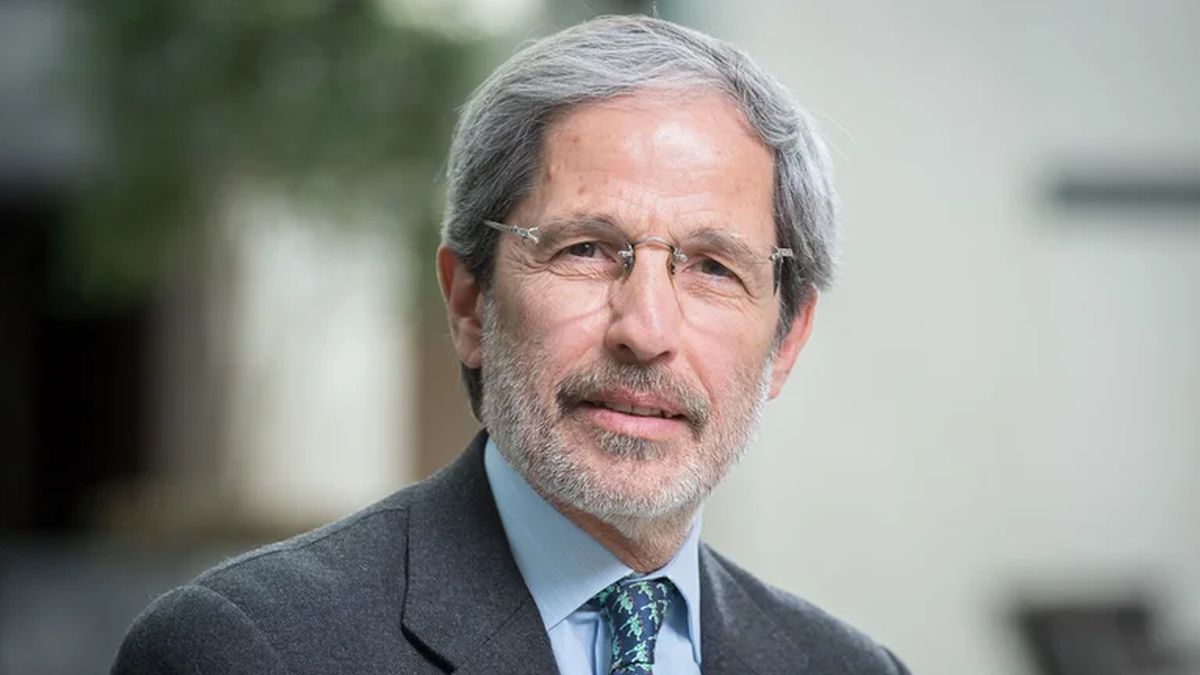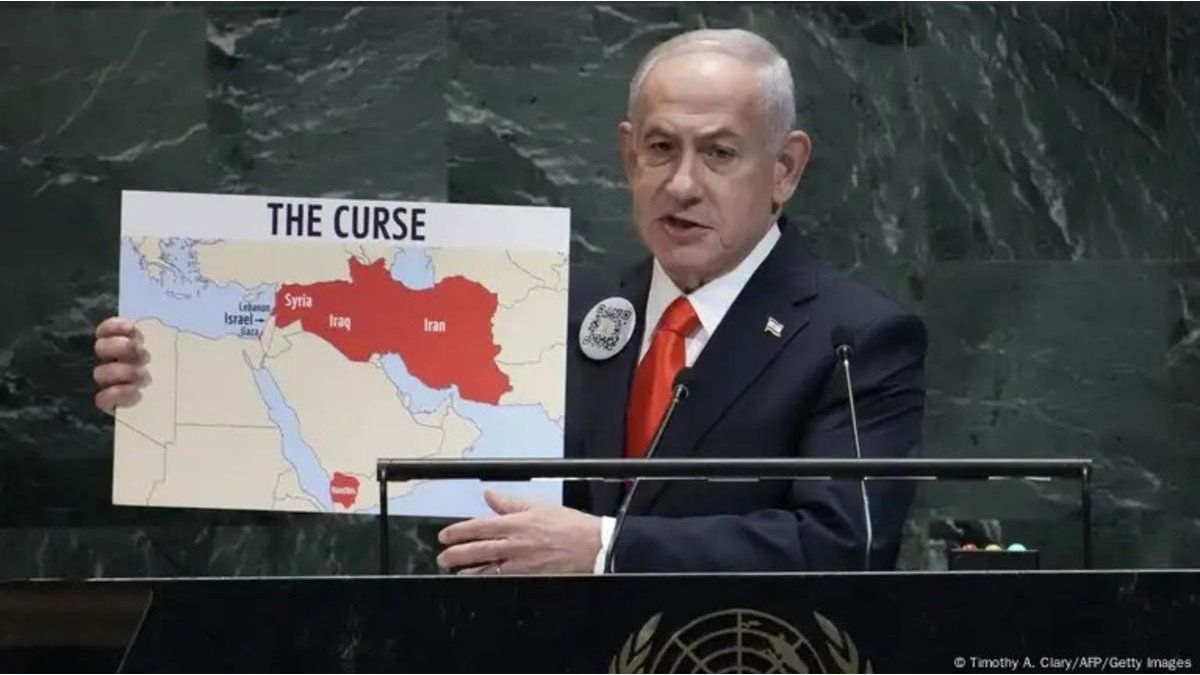“Guzmán is talking about the word geopolitics because he doesn’t know what it means. Guzmán is an economist, I don’t know if he understands foreign policy. But our foreign policy is erratic and we are doing a lot of foolishness, it is not very well calibrated for this moment,” Torres shot in an interview with Silver Radio.
“I know that the IMF is not asking for a devaluation, a devaluation jump. That is a very important point, very positive. But it does ask for a roadmap that leads to exchange rate unification, even if it is not immediate” (Héctor Torres)
Technical problems, in the analyst’s view, arise “because we do not present a program or the program we present is not solid enough to convince the staff”, he added. At that point, he specified that the Fund and the Argentine Government have differences on the country’s ability to increase the reserves of the Central Bank.
Contrary to what is being warned from many sectors of the ruling party, Torres affirmed that the IMF is not going to ask for a sudden jump in the exchange rate: “I know that the IMF is not asking for a devaluation, a devaluation jump. That is a very important point, very positive. But it does ask for a roadmap that leads to exchange rate unification, even if it is not immediate.”
“The IMF asks for an economic program. It is we who let ourselves go if we do not have an economic program. Confidence is needed, and without an economic program you will not achieve it. If there is confidence, the producers, the companies, this increase in demand offers an opportunity to increase supply,” he added.
Torres added: “The great fiscal hole in Argentina comes from all the obligations that Anses takes. And the only way to finance it is by generating formal private employment. Without that, you will never get out of the fiscal deficit.”
To tighten the rope too much so as not to close a new program that replaces the standby signed by Mauricio Macri in 2018 it doesn’t seem like a path either, in Torres’s vision. “I prefer not to imagine that we will not agree with the Fund,” said the economist.
“If we do not agree with the IMF, a policy of ‘burden sharing’ will be triggered in the organization. The countries that lend to the Fund are going to charge less interest, and those that take money are going to have to pay less interest. It means that we will have the whole world against us. And we are the best candidate for them to be angry, because we are serial defaulters”he explained.
Among other consequences, not agreeing would imply that “commercial credits, from the IDB, in foreign trade would fall credits. Imports would have to be paid in cash and exporters will not have pre-financing”. If there is no definition in March, Argentina will not be able to pay the Paris Club either.
He also spoke of other more serious effects on the real economy that an eventual default with the IMF would have: “There would be a devaluation and inflationary jump. More poverty, more unemployment, less production. A run against deposits in dollars would not seem strange to me,” he said.
Finally, Torres also left a very negative analysis of the management of the relationship with the IMF that the Cambiemos administration had: “I am very critical of the 2018 agreement. (Mauricio) Macri managed, through the support of (Donald) Trump, that the Fund did what he wanted”, assured.
Source From: Ambito
David William is a talented author who has made a name for himself in the world of writing. He is a professional author who writes on a wide range of topics, from general interest to opinion news. David is currently working as a writer at 24 hours worlds where he brings his unique perspective and in-depth research to his articles, making them both informative and engaging.




